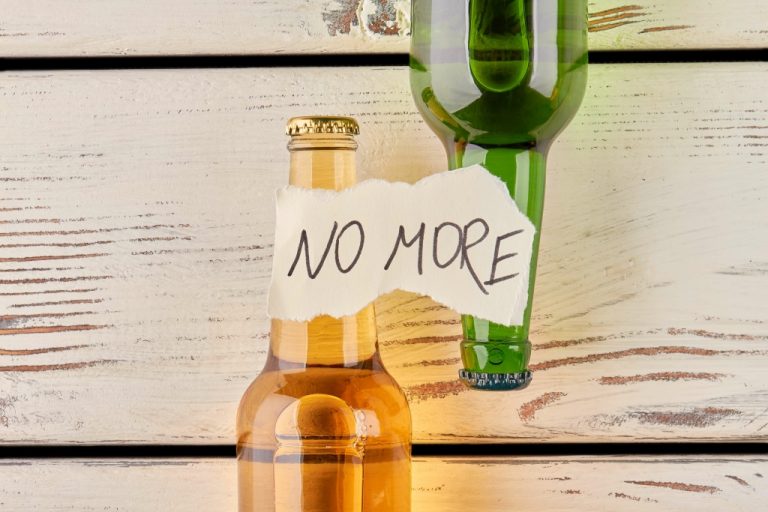People with alcohol use disorder may not feel drunk at all, even when their BAC is very high. Over time, excessive alcohol use can cause liver health problems such as cirrhosis. Chronic drinking can even cause dementia by causing a dangerous vitamin B-1 (thiamine) deficiency. The experience of alcohol intoxication is different for each person. Those who have not experienced alcohol intoxication may wonder what it feels like to be “drunk.” It can affect mood, speech, judgment, and more. If you or someone you know is showing these symptoms, it’s important to seek help from an alcohol addiction treatment program.
What if Feels Like To Be Tipsy vs. Drunk vs. Buzzed
They are more likely to take risks to prove they are brave and can do things they don’t usually do when sober. Lastly, they amphetamine addiction treatment talk a lot instead of listening and are very lively, and when they do listen, they don’t focus at all. When you feel like the whole room is spinning, it’s helpful to make yourself feel more grounded.
Liver Damage
- If you consume excessive alcohol, your body’s functions will then run more slowly.
- You will not be able to breathe normally, and your gag reflex won’t work correctly.
- Tipsy patrons raised their voices in song, creating a joyful cacophony.19.
Social cues become harder to interpret, leading to awkward or misjudged responses in conversations. Their ability to assess their surroundings and actions diminishes, which can result in poor decision-making, such as continuing to drink despite obvious signs of intoxication. When tipsy feeling you drink, alcohol enters your bloodstream and affects your brain’s neurotransmitters. At lower blood alcohol concentrations (BAC), the side effects of alcohol are mild and lead to a tipsy feeling. As your BAC increases, the effects become more pronounced, leading to drunkenness.

Is There a Way to Avoid the Spins in the First Place?

Besides, you’ll also have to avoid simple carbohydrates and sugary foods. By simple carbs, I mean corn syrup, potato chips, crackers, or white rice. But other inborn conditions like Crohn’s disease may trigger the condition. Generally, it’s another complication of infections, imbalance, or other diseases.
- Being drunk involves a more significant impairment of mental function.
- Vomiting while unconscious presents a high risk of choking, especially since their gag reflex may be impaired.
How Sleep Deprivation Affects Your Metabolic Health
STR Behavioral Health is a Joint Commission-accredited provider of medical detox and addiction treatment for drug and alcohol use. When BAC reaches around 0.05%, early signs of intoxication start to be noticeable. Reaction time slows down, inhibitions are lowered, and there is a warm, relaxed feeling.
Why Giving is Good for Your Health (and not Just for the Holidays)
The doctors may mistake your condition for something else entirely. In the last several decades, researchers documented only a few cases in the research journals. Alcohol can elevate your mood, making you feel more cheerful and sociable. It often lowers social inhibitions, creating a relaxed and enjoyable atmosphere during gatherings with friends. In all these scenarios, it’s essential to recognize the signs and know how to react and help someone, or even yourself, navigate the situation. While enjoying a drink or two can be fun, there are some serious implications to consider.

- It is believed to have originated in the 16th century from the obsolete word ‘tip,’ which meant to tap or touch lightly.
- Consequently, if you are feeling more gregarious than usual when you are drinking, you may be tipsy.
- When you feel like the whole room is spinning, it’s helpful to make yourself feel more grounded.
- When tipsy, a person feels uplifted, relaxed and experiences subtle changes in thinking, behavior and coordination.
- At this stage someone who is drunk can then pass out, have seizures, or even have pale and bluish skin.
The right treatment can provide the support needed to achieve long-term sobriety and regain https://sayed-elqemany.com/2021/12/02/the-7-stages-of-alcoholism-a-detailed-caron/ control of life. It’s best to stop drinking once you start to feel impairments in coordination, cognition, or sight. This can help you avoid unsafe decision making, the risk of accidents, violence, arguments, and other consequences of extreme intoxication. Feeling tipsy occurs during the early stages of alcohol intoxication.
Reducing drinking, or even eliminating it altogether, can lower a person’s risk of these conditions and complications. If uncertain about whether a person’s alcohol consumption is an emergency, err on the side of caution. It is impossible to judge how drunk a person will be or feel based on alcohol consumption alone. For most people, a single drink — for example, 1.5 ounces (oz) of hard liquor, 12 oz of beer, or 5 oz of wine — will elevate blood alcohol by 0.06 or 0.07 per drink.
